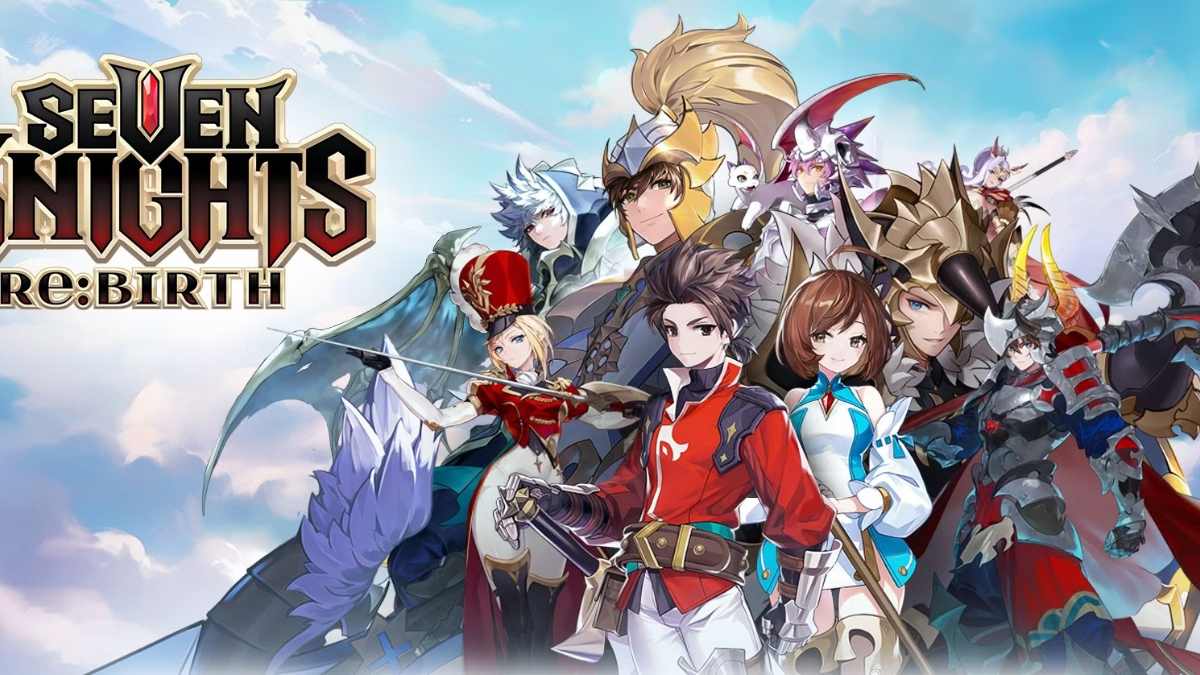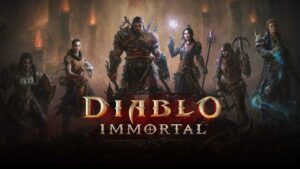Seven Knights is getting a full reset. After years of updates and spinoffs, Netmarble is returning to its original mobile RPG with a reboot titled Seven Knights Rebirth. The goal isn’t just visual polish. This version reworks combat mechanics, updates character models, and repositions the franchise in a mobile market that’s shifted a lot since the original launched.
The game is currently in pre-registration, with its rollout planned for 2025. From what’s been shown so far, Rebirth wants to bridge the old and the new — keeping familiar characters while refining the systems around them for a more modern audience.
Real-time combat replaces turn-based structure
One of the most noticeable changes is how battles now play out. The original Seven Knights leaned heavily on turn-based commands and timing skills around cooldowns. Rebirth switches things up with a more fluid, real-time combat engine.
Characters move autonomously within an arena while players trigger abilities manually. Positioning, chain combos, and reactive timing take a bigger role, pushing the action closer to what you’d find in ARPG hybrids like Honkai: Star Rail or Epic Seven.
It’s still stat-driven, and team comp matters as much as ever, but the shift to real-time interaction gives battles a more dynamic feel, especially during high-level content or boss encounters.
Visual overhaul and character reintroduction
Rebirth brings back many of the original heroes, now reimagined with upgraded 3D models and more expressive animations. The art direction keeps the anime-inspired style but adds more visual depth to effects and environments.
Each unit has a new design pass, with updated skill animations and more detailed voice work. For longtime fans, the changes aim to preserve identity while updating presentation for current-gen mobile expectations.
Menus and UI have also been reworked, trading the crowded grid-based interfaces of older gacha titles for a cleaner, more responsive layout.
Progression systems streamlined, not simplified
One of the legacy issues with the original Seven Knights was how fragmented its progression became over time. Multiple enhancement trees, overlapping currencies, and bloated menus made onboarding difficult for new players.
Rebirth addresses this with a more focused system. Character growth still involves upgrades and gear, but the paths are clearer and less gated by RNG. Early previews suggest the grind curve has been smoothed, especially in early-to-mid game phases.
Monetization details haven’t been fully revealed yet, but Netmarble has hinted that the reboot is aiming for a more sustainable progression model than the original’s heavily gated endgame.
Global rollout strategy and platform focus
The game is expected to launch globally on iOS and Android, following a phased release that may include early testing in specific regions. Cross-region play and language support are already in place at the backend, signaling a coordinated push rather than a soft regional rollout.
Rebirth is built in-house using an updated engine that allows for faster content drops and more flexible event scheduling. Netmarble appears to be positioning it as a live service title with seasonal updates, rotating banners, and collaborative events, but with tighter control over balance and pacing.
This isn’t just a re-release or anniversary project. It’s a reboot with structural changes — meant to revive the IP without dragging over the more dated parts of its system design.
Legacy and timing
Seven Knights was one of Netmarble’s breakout hits in the early mobile RPG wave, especially in Asia. But like many long-running gacha games, it hit a point where onboarding new players became more difficult than sustaining existing ones.
Rebirth seems like an attempt to solve that problem — by resetting the rules, modernizing the visuals, and giving old characters a cleaner stage to stand on. Whether it keeps longtime players engaged while bringing in new ones will depend on how well those two goals stay in balance after launch.
For now, the foundation looks like a step forward rather than a nostalgia loop. That’s a good sign in a market where too many reboots lean too hard on familiarity without fixing what made the originals hard to maintain.
Mobile Game Addict & Casual Gaming Critic
She’s played more mobile games than most people have downloaded. TAPTAPTAP is fast, fierce, and funny — reviewing the latest hypercasual hits, idle clickers, and gacha grinds with real talk and zero fluff.




